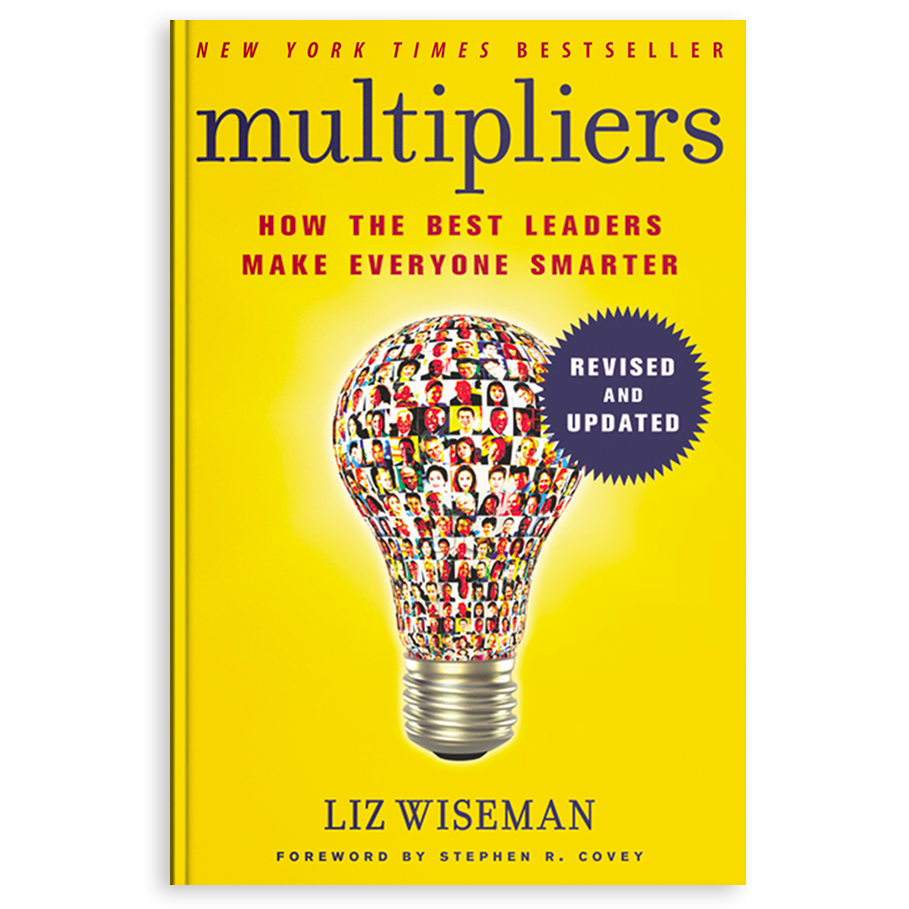I'm listening to Multipliers: How the Best Leaders Make Everyone Smarter in audio-book format.
Intro
According to Wiseman, there are two types of leaders, diminishers and multipliers. Multipliers get the most out of their teams by pushing each individual member to do their best. Diminishers might be themselves intelligent but do not appreciate or make use of the intelligence of their team members. This book intends to:
- describe the traits of each type of leader & how to spot them
- describe how the traits of each type can be promoted by the environment/policies in place – the author believes that individuals can be both, and many diminishers are accidental more than deliberate
In my reading, it seems a damn shame that talent and effort are wasted under diminishers, accidental or not. Accidental ones can be trained out of it; deliberate ones should be removed. She foresees that we are entering an "austere business climate," and the more efficient we are the better.
Ch. 1: Great Multiplier Effect
The author begins with a story about a naval officer who was brilliant throughout training, but languished under a commanding officer who liked to mocked officers who made mistakes; a new commanding officer who nurtured and praised his unit's strengths took over and this officer flourished. He nearly left the navy due to his belief that he was a bad officer – what a shame that would have been. "A change in command is often accompanied by a change in ability."
Diminishers: when they walk into a room, the collective IQ drops. They can be incredibly intelligent themselves, but they shut down ideas and rule over their team with judgment and fear. Diminishers build empires and hoard resources, and sometimes their companies/teams would produce good work in spite of the leader; they could be 4x more effective under a multiplier leader. People who work for diminishers often report that they are overworked and under-utilised.
Multipliers: they get 2x more out of the team compared to the average leader. They are also talent magnets – talented and effective people flock to them. Rather than creating stress from fear, they put pressure by making their teams stretch to meet higher expectations. They create intensity that drives creativity and best efforts, not tense environment where everyone fears for their dignity.
Wiseman name-drops a bunch of famous people to illustrate her point: Magic Johnson, Alyssa Gallagher, Mitt Romney, then recaps the chapter highlights.

